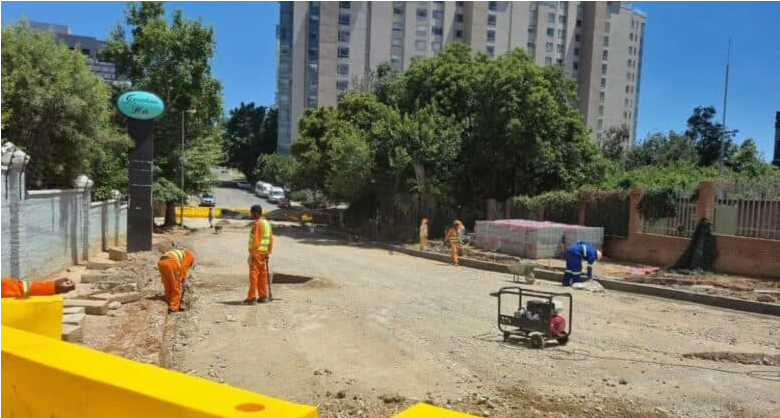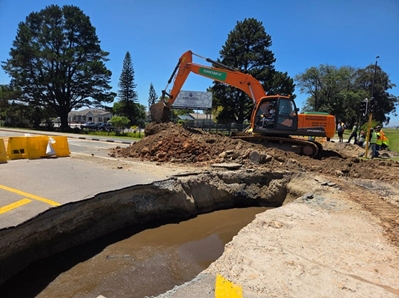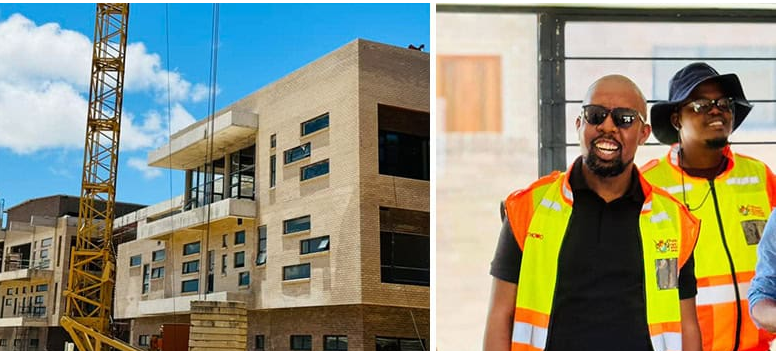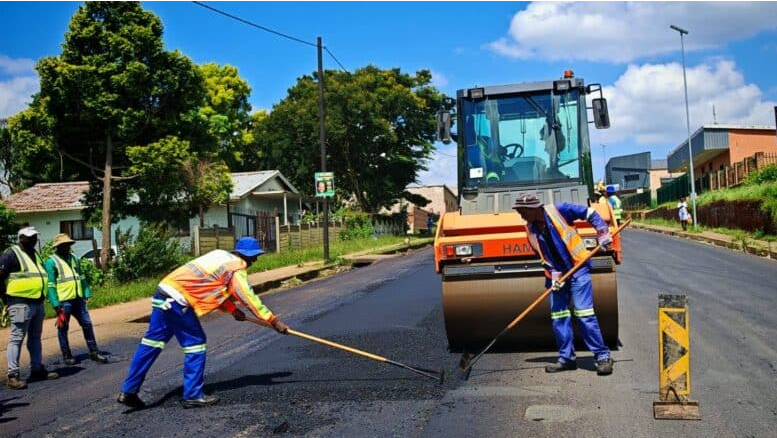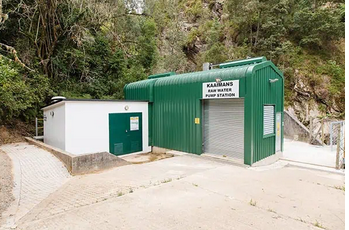BIBC provides relief for construction industry during lockdown

Advertising
23-04-2020
Read : 379 times
Bizcommunity.com
Source
The announcement of the national lockdown by President Cyril Ramaphosa at the end of March raised serious and immediate concerns in the building industry, according to Pearl Pugin, secretary of the Building Industry Bargaining Council (BIBC).
As such, the representative employer and employee bodies on the BIBC asked whether it would be possible at short notice to advance funds that would normally accrue during the year and be paid out as a Holiday and Bonus Fund when the industry shuts down at the end of the year.
The concern, Pugin said, was that especially hourly-employees would be stuck with no income at all and would also be unable to prepare for a five-week period of no income. “This was also before the Department of Employment and Labour (DOEL) was ready to implement the Temporary Employment Relief Scheme. Despite a significantly reduced team of remote workers, the BIBC paid out over R58m in advances to eligible employees of employers who were registered and compliant over the period from 1 November 2019 to 26 March 2020. This initiative, as proposed by employers in the industry, served to mitigate the impact of the Covid-19 pandemic, and consequently the national lockdown.
Implementation of UIF Ters
"In a further initiative, the BIBC volunteered to assist with the implementation of the UIF Temporary Employment Relief Scheme (Ters), acting as a disbursement agent for the industry. This means that employers will be further relieved from applying for UIF TERS benefits on behalf of their employees and that the BIBC can pay their employees directly on approval by the Unemployment Insurance Fund (UIF). Guidance on how to do this has been posted on the BIBC website and employers have been informed that they may start submitting their applications to the BIBC," Pugin explains.
“The Master Builders Association of the Western Cape (MBAWC) welcomes this and is guiding its members on how to weather the storm. Although the construction industry has been under tremendous strain prior to the effects of Covid-19, the impact of the pandemic and current national lockdown will have further negative effects on the industry going forward,” says Mark Fugard, junior vice president at the MBAWC.
“However, during this testing time, the industry is seeing the benefit of membership with the Master Builders Association Western Cape and compliance with a functional Building Industry Bargaining Council,” he adds.
Adapt to operate differently
Looking forward, Fugard says that post-lockdown, the construction industry might have to adapt to operating differently.
In order to provide local construction companies with advice on how they can plan for when the lockdown lifts, Roy Hendricks, president of the MBAWC, says that construction business owners should rethink the way they do business and look at sustainable alternative building methods.
“For example, the current precautionary methods will most probably become the norm, with the possibility of new health and safety measures and setting up site offices in preparation for cyber meetings,” he suggests.
“As an industry, it is important for us to realise that we are affected by global events. Therefore, it is imperative that we ensure our operations are covered for such eventualities by having insurance and making sure the necessary information is included in contractual documents, for instance,” says Hendricks.
Re-purpose and re-tool
In conclusion, Chandre Abrahams, area sales manager at Corobrik says that construction business owners should also use this time to re-purpose and re-tool their businesses, merely to encourage some level of trade after lockdown. “Along with this, bear in mind that past recessions have taken the country around 18 months to recover from. We are in unknown territory and, as such, it is now more important than ever to make the necessary provisions.”
Recent News
Here are recent news articles from the Building and Construction Industry.
Have you signed up for your free copy yet?
